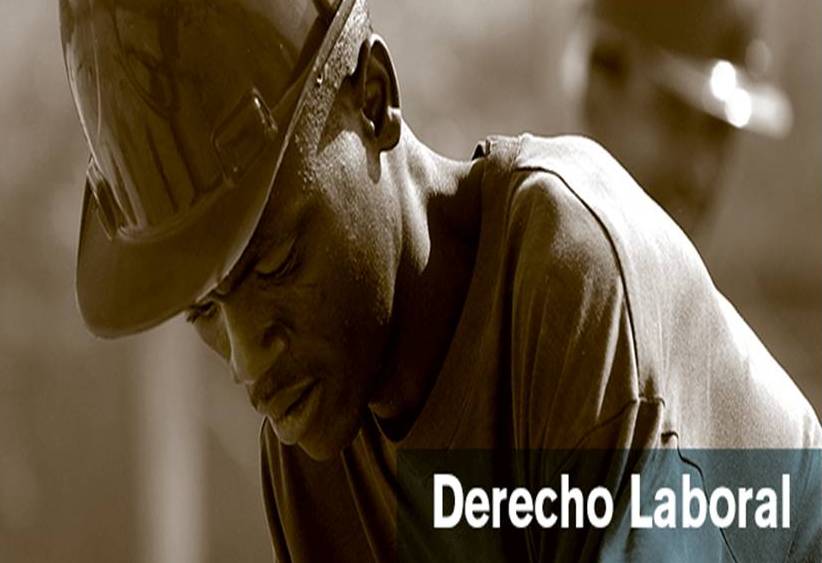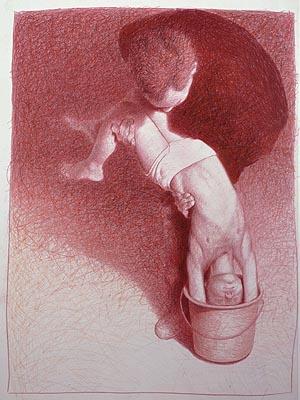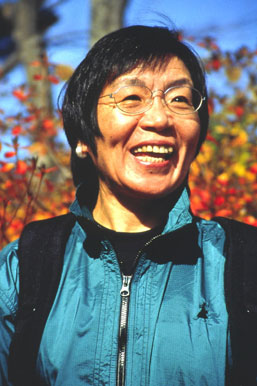Poverty is the cause and reason that makes the worker particularly vulnerable to psychological stress.
Source: IX Meeting of the Mixed Committee
OIT- OMS sobre Medicina del Trabajo (1984)
Juan Somavia defined it as “productive labor in which freedom, equality, security and dignity are conditions, rights are respected and fair wage payment exists as well as social protection”.
The notion of decent work amounts then “to what people expect in their working lives”, a productive work with: Fair pay; Safety in the workplace; Social protection of families; Better perspectives for personal development and social integration; Freedom for individuals to express their concerns, organize and take part in the decisions that affect their life; Equality of opportunity and treatment for women and men.
What is the Decent Work?
Is an important condition to overcome poverty, reduce social inequalities and ensure sustainable development and a democratic government.
The impact of improper working conditions
Impact in numbers; Early aging; Workforce exhaustion; Mental health deterioration; Work stress; Absenteeism
Work related illnesses will double by year 2020 if no changes occur. Per the Work Ministry in Japan, some cases including suicides are on the rise: 13 cases in 1995; 18 cases in 1996; 23 cases in 1997; 355 cases in 2005
Karoshi (death due to excess work): First case in 1969.
Causes of death: Heart attacks and strokes including subarachnoid hemorrhage (18.4%); cerebral hemorrhage (17.2%); heart attack or brain stroke (6.8%); myocardial infarction (9.8%); heart failure (18.7%); other causes (29.1%), including among them illnesses of rationalization.
The National Defense Council of the Victims of Death from Overwork (karoshi), is an institution that helps the victim’s families to obtain compensation and in many cases, fight endless judicial battles; it’s considered that karoshi affects annually around 10,000 Japanese employees.
Who commits suicide?: Any social status; Work hours with a medium of 10-12 hours without rest days.
What happens in China?: The life expectancy of the “brains” that lead the technology park in Zhongguancun, north of Beijing, considered the Chinese “Silicon Valley” is 54 years and 70% risk of death from “karoshi” (death due to excess work).
It also happens in Europe: The Appellate Court in Riom (Puy-de Dome) confirmed it in February 2000; In January 20, 1997 a man was found hanged, having been threatened with dismissal.
What is burn-out? Some define it as a psychological retirement from work as an answer to dissatisfaction and excessive stress.
Dynamic Definition of burn-out: Labor Stress / Tiredness / Defensive Attitudes: Rigidity, Cynicism and Indifference; Demand – Available Resources / Tension; Fatigue, Irritability.
Absenteeism: An employee who is absent from work “without reason” is showing his desire to leave that job forever.
How can we intervene to prevent this?: With the improvement of working conditions. Improving the quality of the job is the central requirement to ensure health and security at work; so decent works exists. It’s essential to prevention.
Translated by – LYD
23 September 2013






